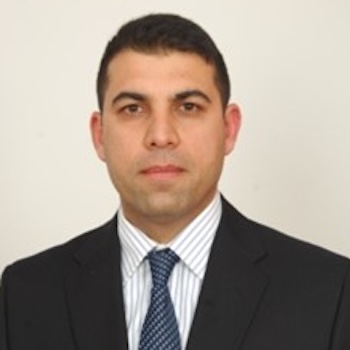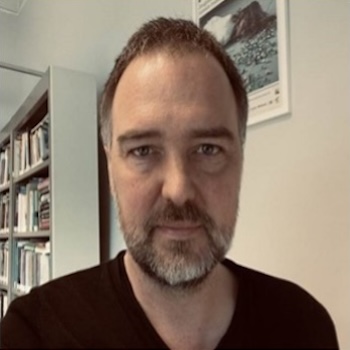
Mentoring Justice Involved Youth
A recent research funded by the US Office of Juvenile Justice and Delinquency Prevention and conducted by Janis Kupersmidt, Katie Stump, Rebecca Stelter, and Jean Rhodes reads: “Mentees with many risk factors, such as beginning their mentoring relationship as an adolescent, having antisocial behavior problems, or experiencing many stressful life experiences, are less likely to have effective and long lasting mentoring relationships, compared to mentees with fewer risk factors; however, mentoring program practices make a difference, even with high-risk youth.”
Mentor+ that was funded for a period of three time by the European Commission’s ERASMUS+ program in 2022 has brought together a partnership of nine organizations with track record for working with youth from 6 European Members states, namely Belgium, Greece, Ireland, Italy, Portugal and Romania.
The project foresees conceptualisation of a mentoring program specifically designed to treat justice-involved youth, that will also be supported by a handbook to support mentoring processes and a mobile app to expand reach and elaboration.
Dealing with mentees with high risk factors, as also outlined in the research, MENTOR+ Project tries to build a mentoring program that will make difference and generate more positive outcomes. To give voice to what research and evidence says and accordingly fine tune its program, MENTOR+ Partnership will organize an online event on 21 December 2023
Schedule
21 December 2023 (11:00 – 12:00 CET)
An Introduction of the Mentor+ Project
Onur Sultan (Beyond the Horizon ISSG/Belgium)
Juvenile Justice: Balancing between responsibilisation and rehabilitation
Prof.Stefan Pleysier (Leuvens Instituut voor Criminologie (LINC) / KU Leuven/Belgium)
Irish Experiences of Mentoring in Youth Justice: A Reflection
Ronan O. McLoughlin (Irish Probation Service and a Board Member of Le Cheile, a volunteer mentoring NGO working in the youth justice sector in Ireland.)
Speakers

Onur Sultan is a research fellow and project manager at Beyond the Horizon ISSG and a PhD Researcher at the University of Antwerp. His research tackles strategic communication, security, and developing responses to build resilience among youth against radicalization and polarization. Within the context of Mentor+, he undertakes overall coordination of the Project alongside designing a user-friendly app. He is the Editor-in-chief of the quarterly Horizon Insights Journal.

Stefaan Pleysier is Professor in Criminology at the Faculty of Law and Criminology at KU Leuven, director of the Leuven Institute of Criminology (LINC), and coordinator, together with Johan Put, of the Research line on Youth Justice at LINC. He teaches youth criminology and juvenile justice, and research methods in the Bachelor and Master in Criminology. His main research interests include the study of youth justice and juvenile delinquency. Stefaan Pleysier was previously a MacCormick Fellow at Edinburgh Law School at the University of Edinburgh, and had visiting scholar positions at the Centre International de Criminologie Comparée at the Université de Montréal (Quebec, Canada) and at the International Institute for the Sociology of Law in Oñati (Gipuzkoa, Spain). Together with Ursula Kilkelly, he is co-Editor-in-chief of Youth Justice (Sage).

Ronan O. McLoughlin is dedicated advocate for youth justice and enhancing attuned and specialist response to youth offending. With a background in social work and psychotherapy, Ronan has worked in the development of the first Forensic Child and Adolescent Mental Health team in Ireland and in youth justice and mental health in Australia. Currently serving as Regional Manager in Young Person’s Probation with national responsibility for the delivery of Probation Services to children and young people, Ronan has a keen interest in developing mentoring programs in the youth justice space. He sits on the board of Le Cheile, a volunteer mentoring NGO working in the youth justice sector in Ireland.
